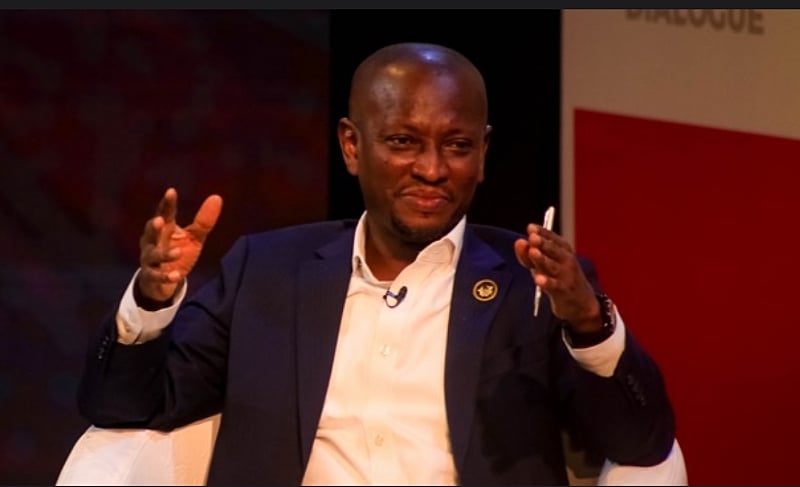The suspension of Chief Justice Gertrude Torkonoo and her subsequent choice of legal representation have ignited a heated debate within Ghana’s legal and political spheres. At the heart of the controversy lies the decision of the suspended Chief Justice to engage former Attorney-General Godfred Yeboah Dame as her lawyer. This choice has drawn sharp criticism from legal experts and the public alike, primarily due to Mr. Dame’s alleged involvement in recent controversies, particularly the ambulance procurement trial. Critics argue that his perceived entanglement in these matters casts a shadow over his ethical standing and raises concerns about potential conflicts of interest. This situation underscores the delicate balance between an individual’s right to legal representation and the public’s perception of fairness and impartiality within the judicial system.
Central to the critique of Mr. Dame’s appointment is his alleged role in the ambulance procurement trial. Critics point to allegations made by Richard Jakpa, a key figure in the case, who accused Mr. Dame of attempting to influence his testimony against Minority Leader Dr. Cassiel Ato Forson. A leaked audio recording purportedly capturing a conversation between Mr. Dame and Mr. Jakpa further fueled the controversy. The recording, reportedly containing discussions about witness coaching and a request for a fabricated medical report, became a focal point for those questioning Mr. Dame’s ethical conduct. These concerns have intensified public scrutiny of the Chief Justice’s decision to hire him, raising questions about the potential impact on her case and the broader implications for public trust in the judiciary.
Defenders of the Chief Justice’s decision, however, argue that she has the right to choose her legal representation and that Mr. Dame’s qualifications as a lawyer should not be disregarded. Former Deputy Attorney-General Alfred Tuah-Yeboah has publicly supported this stance, asserting that the Chief Justice is entitled to select any qualified professional to represent her in court. This perspective emphasizes the principle of due process and the importance of allowing individuals to access competent legal counsel, regardless of public opinion. This highlights the inherent tension between public perception and the fundamental right to legal representation, a cornerstone of any just legal system.
The controversy surrounding Mr. Dame’s involvement further underscores the complex interplay between legal proceedings and political dynamics. The allegations of pressure from high-ranking government officials in the ambulance procurement trial, as purportedly mentioned in the leaked audio recording, have injected a political dimension into the legal proceedings. This intermingling of law and politics complicates the situation, adding another layer of scrutiny to the Chief Justice’s choice of counsel. The situation raises concerns about the potential for political influence on judicial matters and the importance of maintaining the judiciary’s independence and impartiality.
Meanwhile, the legal battle surrounding the Chief Justice’s suspension continues. The lawsuit filed on her behalf by Mr. Dame seeks a range of reliefs, including the reversal of her suspension and an injunction against the proceedings of the committee investigating the petition for her removal. The suit also challenges the participation of specific justices in the committee, raising concerns about their impartiality. These legal challenges highlight the complexity of the case and the various legal arguments being put forth to address the issues at hand. The outcome of these legal proceedings will have significant implications for the future of the Chief Justice and the broader landscape of Ghana’s judiciary.
In conclusion, the suspension of Chief Justice Gertrude Torkonoo and her subsequent choice of legal representation have sparked a significant controversy within Ghana’s legal and political circles. The debate revolves around the propriety of engaging a lawyer with alleged involvement in previous controversies, particularly in the context of a politically charged case. While some argue that the Chief Justice has the right to choose her legal representation, others express concerns about the potential for conflicts of interest and the impact on public perception of the judiciary. The ongoing legal battle and the surrounding political dynamics further complicate the situation. The ultimate resolution of this controversy will have significant ramifications for the future of the Chief Justice, the integrity of the judicial process, and public trust in Ghana’s legal system.














